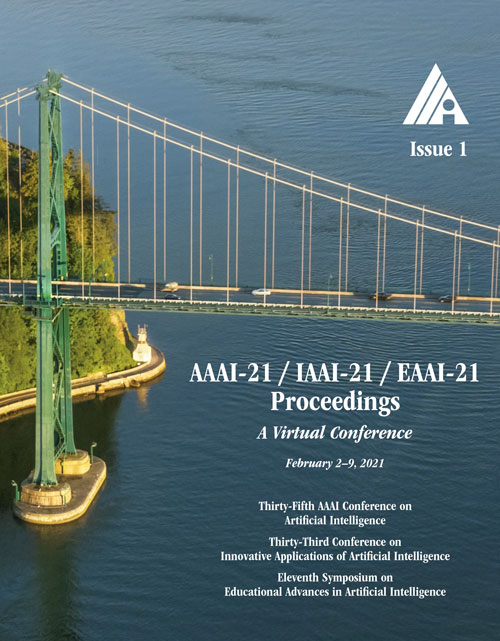Neural Analogical Matching
DOI:
https://doi.org/10.1609/aaai.v35i1.16163Keywords:
Analogy, Neuro-Symbolic AI (NSAI)Abstract
Analogy is core to human cognition. It allows us to solve problems based on prior experience, it governs the way we conceptualize new information, and it even influences our visual perception. The importance of analogy to humans has made it an active area of research in the broader field of artificial intelligence, resulting in data-efficient models that learn and reason in human-like ways. While cognitive perspectives of analogy and deep learning have generally been studied independently of one another, the integration of the two lines of research is a promising step towards more robust and efficient learning techniques. As part of a growing body of research on such an integration, we introduce the Analogical Matching Network: a neural architecture that learns to produce analogies between structured, symbolic representations that are largely consistent with the principles of Structure-Mapping Theory.Downloads
Published
2021-05-18
How to Cite
Crouse, M., Nakos, C., Abdelaziz, I., & Forbus, K. (2021). Neural Analogical Matching. Proceedings of the AAAI Conference on Artificial Intelligence, 35(1), 809-817. https://doi.org/10.1609/aaai.v35i1.16163
Issue
Section
AAAI Technical Track on Cognitive Modeling and Cognitive Systems

